Flaked coconut is an irresistible ingredient in many recipes, from delectable desserts to flavorful meals. Its unique texture and subtle sweetness can enhance any dish's presentation and flavors.
Unfortunately, only a minority use it while cooking. Some might have allergies, while others lack access or prefer another ingredient altogether.
This article will cover the following:
- Nature of flaked coconut
- Its common uses
- Nutritional advantages
- Provide six alternatives
Flaked coconut is made from the white inner flesh of mature coconuts.
After shredded and dried, it's cut into fine flakes for a delicate yet crispy texture. It adds flavor and visual interest to various dishes.
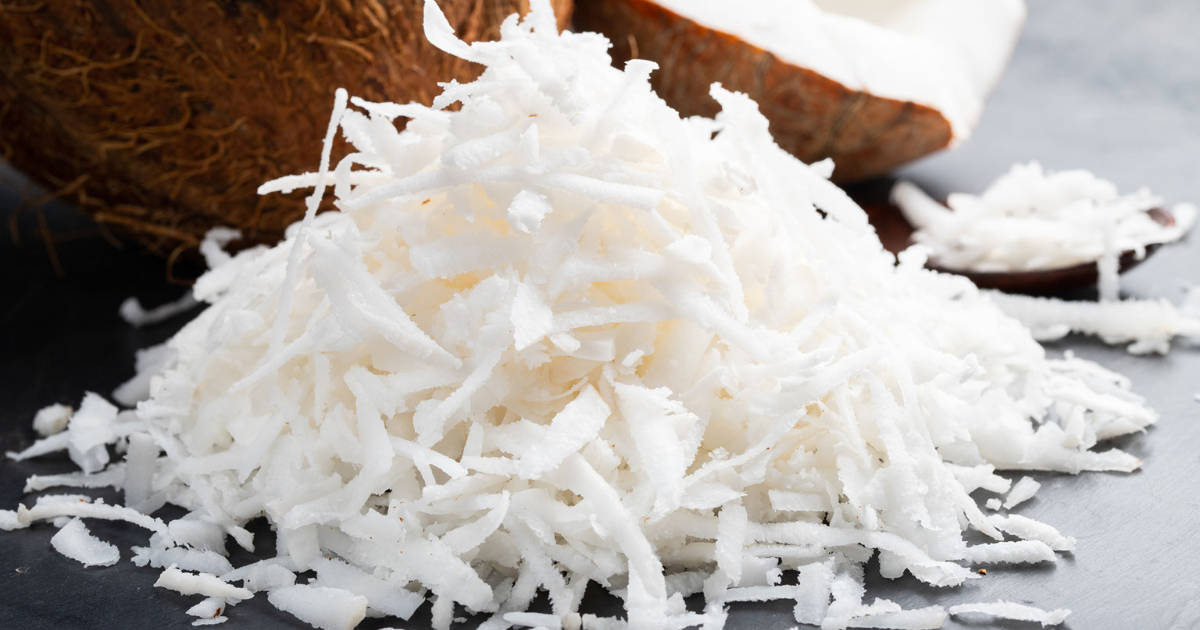
Common Uses in Recipes
Flaked coconut is used in a variety of recipes, such as:
Baked Goods with Flaked Coconut:
Cakes, cookies, muffins, and pastries often incorporate them for texture and flavor.
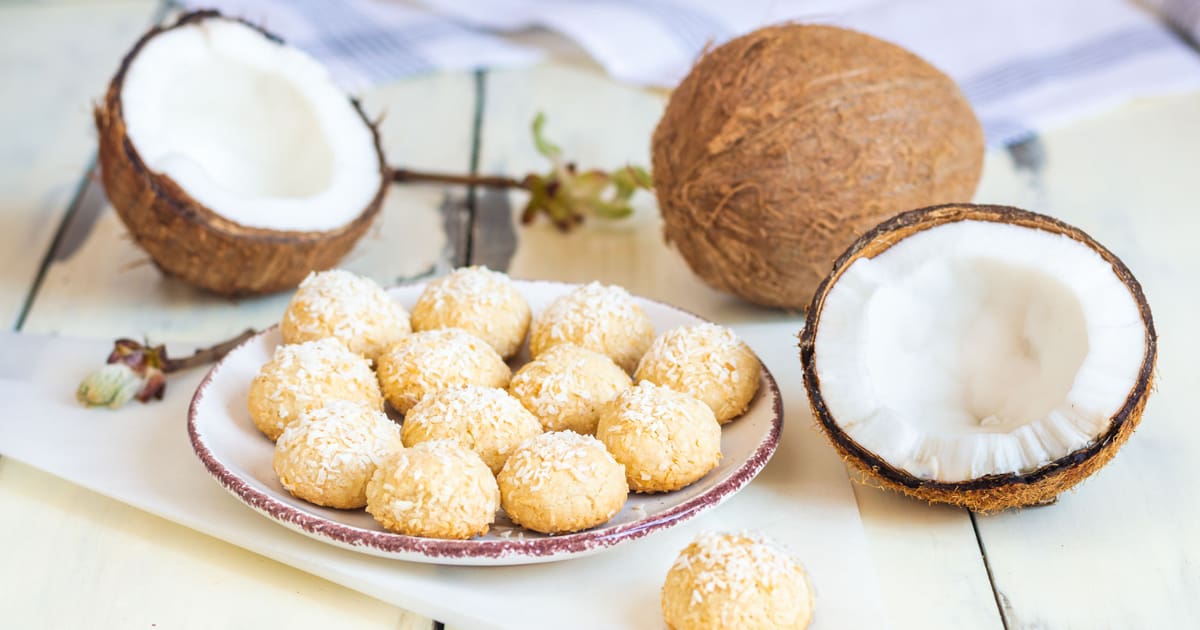
Granola or Cereal with Flaked Coconut:
Adding flaked coconut to granola or cereal gives it a tropical twist.
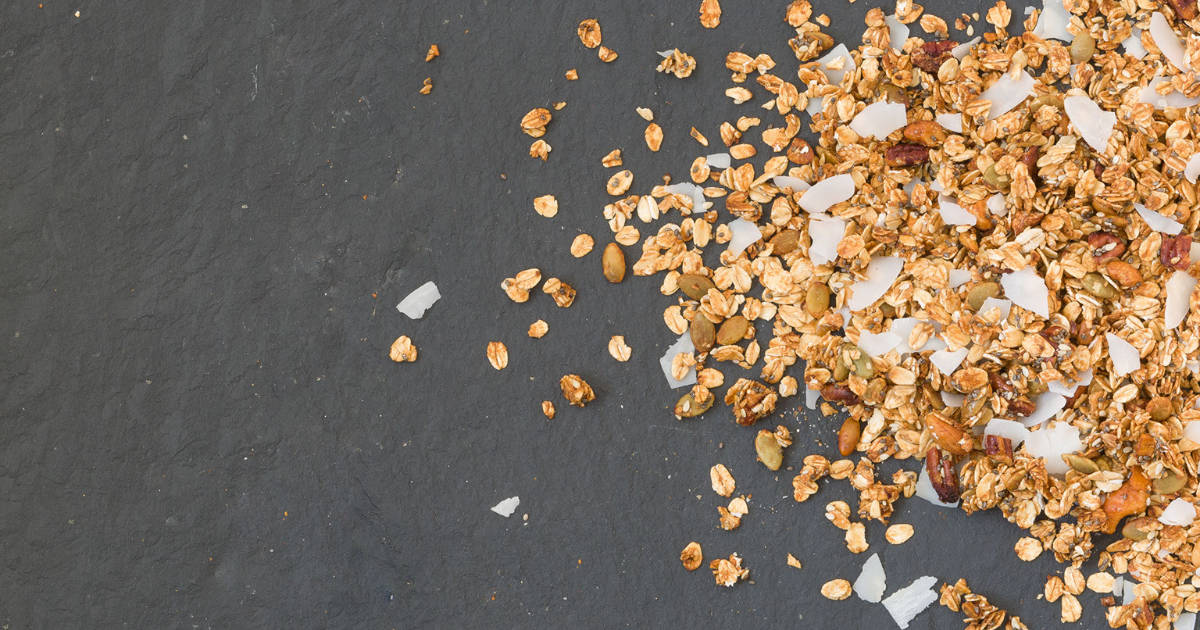
Desserts:
A staple ingredient in many desserts, like macaroons, truffles, and coconut cream pie.
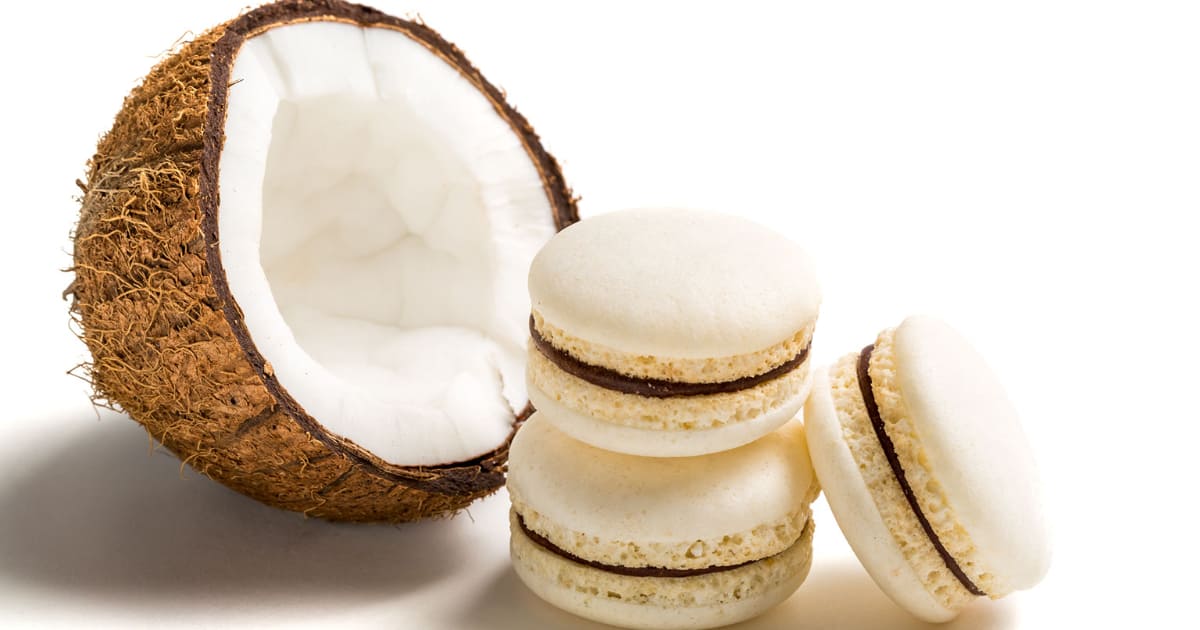
Salads:
Sprinkling coconut flakes over fruit or vegetable salads adds sweetness and a unique texture.
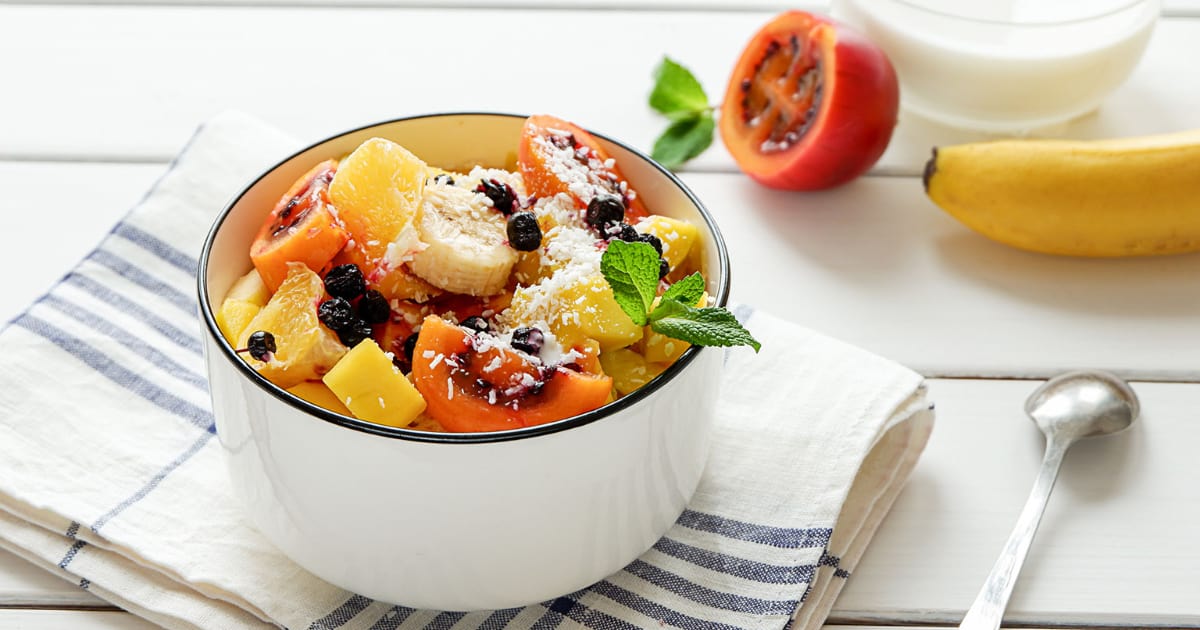
Savory Dishes:
Coconut flakes for garnish or added to dishes like curries and stir-fries.
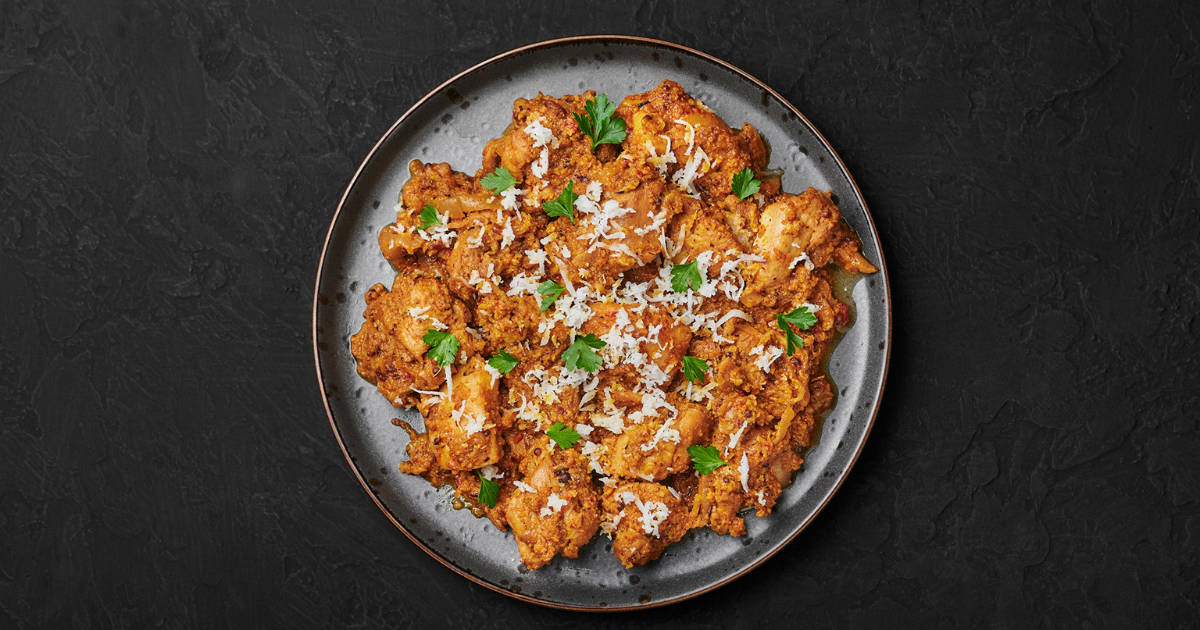
Nutritional Benefits
Flaked coconut has several health advantages.
Good source of healthy fats:
It is packed with medium-chain triglycerides (MCTs), which support a healthy metabolism.
High in dietary fiber:
It has high amounts of dietary fiber, which aids digestion and provides you with an energy boost.
It contains essential minerals:
Manganese, copper, and selenium are all excellent sources of well-being.
Our Top Flaked Coconut Substitutes
Discover our top six flaked coconut substitutes when you run out of coconut flakes or need an alternative.
These alternatives can be used in various recipes, whether you are searching for a similar texture, flavor profile, or something unique.
1. Crushed graham crackers
You get fine and coarse crumbs from crumbled graham crackers, providing a mildly sweet taste and satisfying crunch.
How to incorporate crushed graham crackers into recipes:
Crushed graham crackers can be used in pie crusts, dessert bars, yogurt parfaits, and fruit parfaits.
For a similar texture to flaked coconut, try mixing crushed graham crackers with melted butter for an all-around crumb mixture.
Pros and Cons:
Crushed graham crackers offer a distinct flavor profile from flaked coconut, with its sweetness and mild cinnamon taste.
Although they may not be ideal for recipes requiring intense coconut flavors, their crunchy texture can add an exciting twist to other dishes.
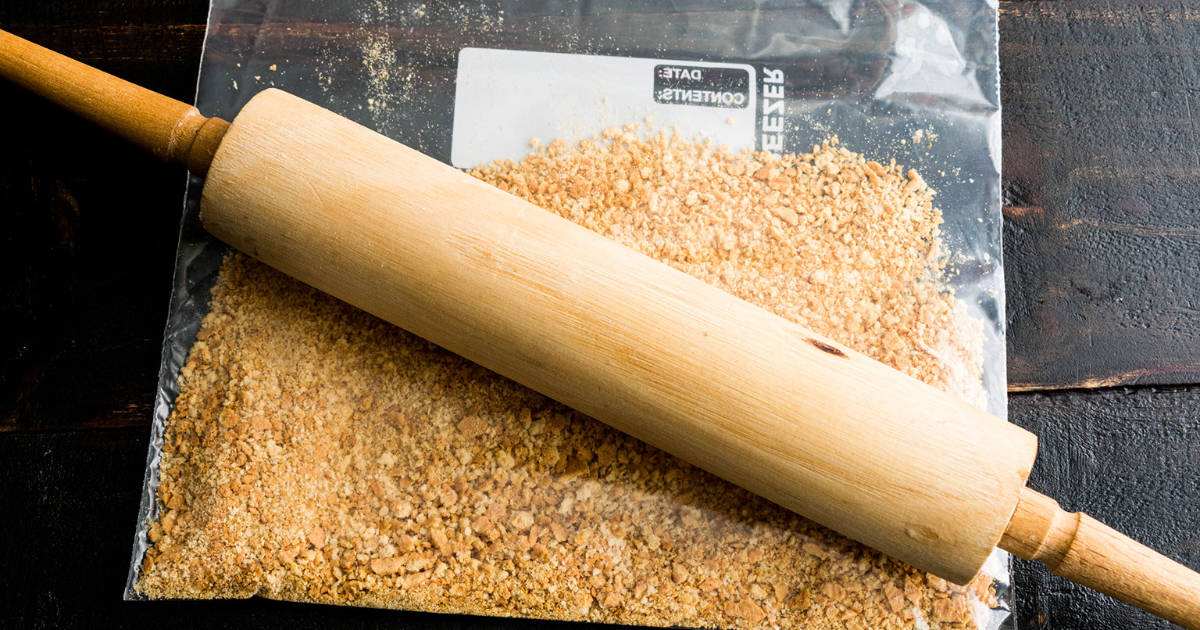
2. Rice Krispies
Rice Krispies are a puffed rice cereal with an irresistibly light, crispy texture.
Though they lack the same flavor as flaked coconut, they can provide an equal crunch when used in specific recipes.
How to use Rice Krispies in Recipes:
Rice Krispies can be used instead in no-bake treats, as a topping for desserts, and even mixed into granola or trail mix for additional texture.
Gently crush the Rice Krispies before using them for a more even texture.
Pros and Cons:
Rice Krispies offer a neutral flavor that can blend well with other ingredients but lack the distinct coconut taste.
Their crispy texture adds an exciting twist to various dishes, though they may not suit recipes with intense coconut flavors.
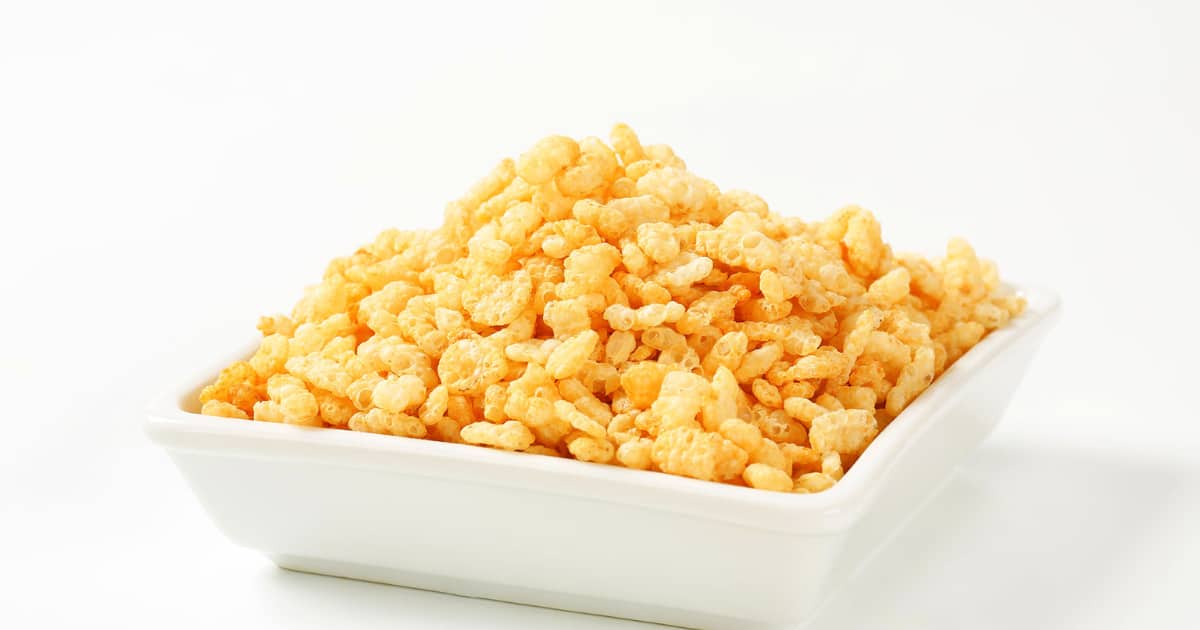
3. Almond Flakes
Almond flakes are sliced almonds with a light, crisp texture.
How to Use in Recipes:
Almond flakes can be used as a substitute in baked goods, desserts, and salads.
Pros and Cons:
Almond flakes offer a nutty flavor and crunchy texture that may work well in some recipes.
They lack the same coconut taste. They are also unsuitable for those with nut allergies.
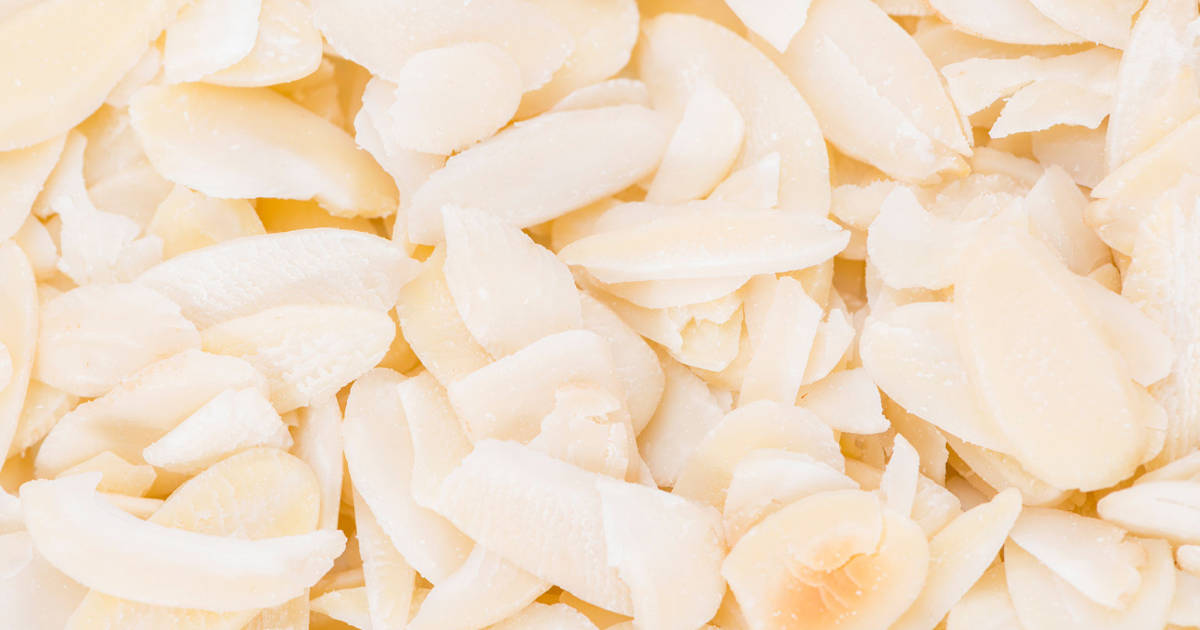
4. Dried fruits
Dried fruits have a chewy texture and natural sweetness. They can substitute flaked coconut in specific recipes.
How to use in recipes:
Chop dried fruit into small pieces and use them the same way you would use coconut flakes. This works for recipes such as granola, trail mix, or baked goods.
Pros and Cons:
Dried fruits can offer a unique and flavorful alternative to flaked coconut. They may provide a different crispy texture. In addition, their sweetness may alter the taste of your dish.

5. Oats or Oat Flakes
Oats are a nutritious grain with many uses. Oat flakes are oats that have been rolled or flattened and separated.
How to use in recipes:
You can use them in granola, cookies, and crumbles. Use them in the same amount as flaked coconut.
Pros and Cons:
They provide a similar texture but lack coconut flavor. Furthermore, they may absorb more moisture, affecting your finished dish's texture.
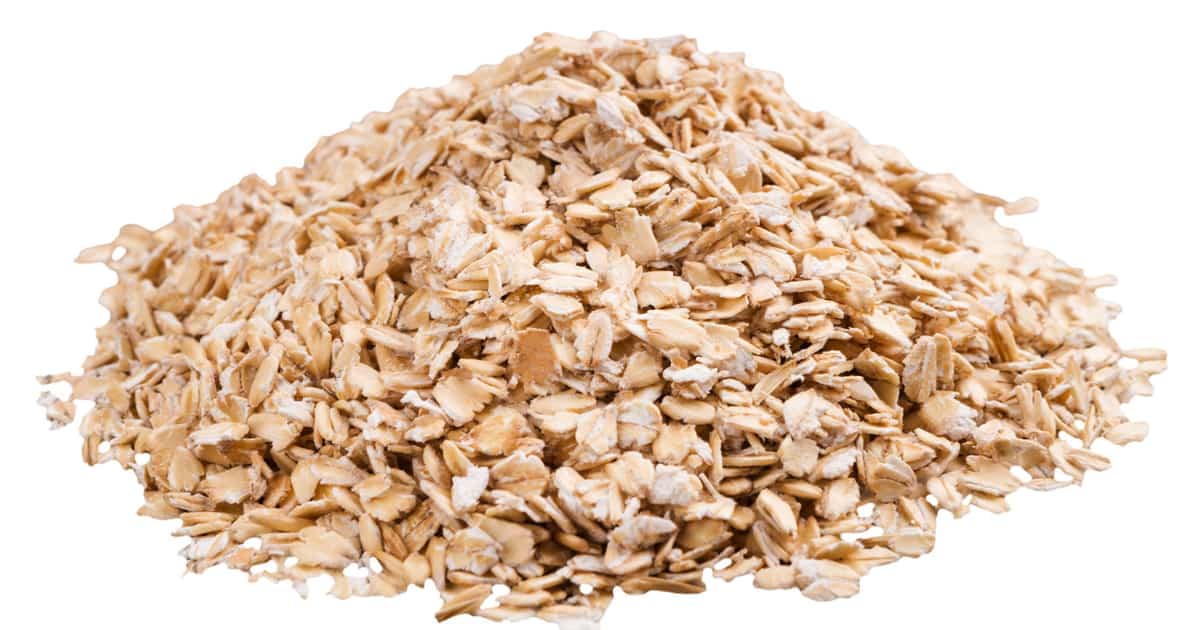
6. Panko Breadcrumbs
Panko breadcrumbs are light, airy, and crispy Japanese-style breadcrumbs.
How to use in recipes:
Panko breadcrumbs can replace flaked coconut in dishes that need a crispy coating. Such dishes are fried shrimp or chicken. Replace the flaked coconut with panko breadcrumbs in equal amounts.
Pros and Cons:
Panko breadcrumbs offer a satisfying crunch but lack the same flavor as coconut. In addition, they may not be suitable for sweet recipes due to their lack of natural sweetness.
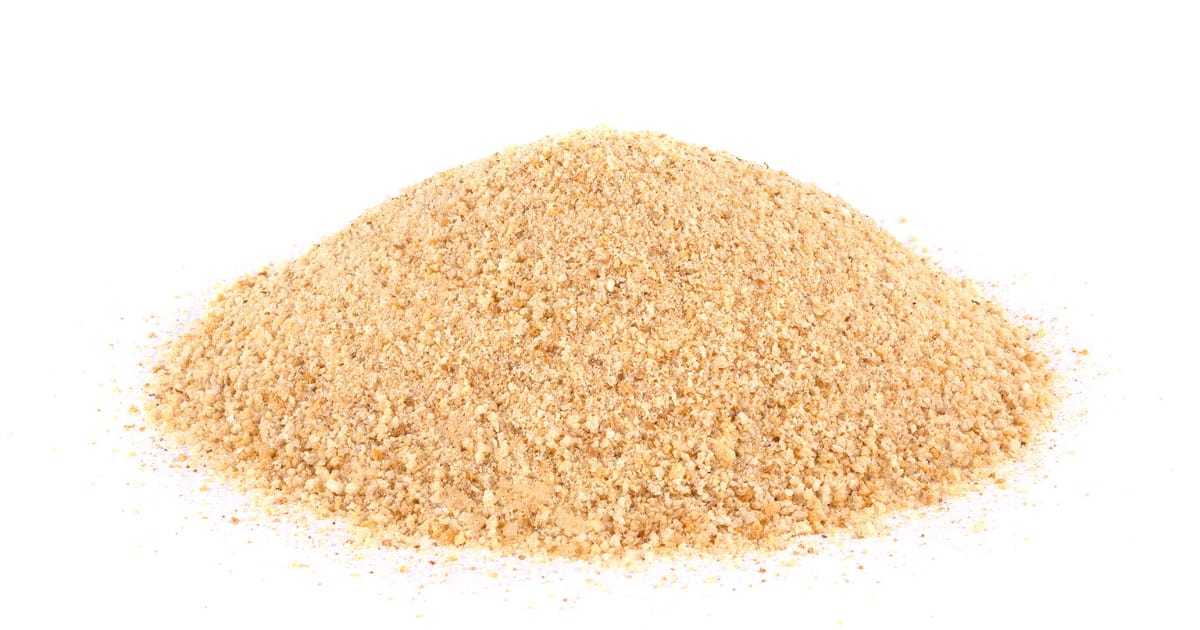
Tips for Selecting the Correct Substitute
Determine recipe requirements
When selecting a substitute for coconut flakes, it's essential to consider your recipe's needs.
If the flavor of coconut is key, look for something that replicates this taste.
Find an alternative with similar crunch or chewiness if the texture is key.
Be mindful of texture and flavor when tasting foods
As previously noted, the texture and taste of your chosen substitute can affect the outcome of your dish.
Select an option that complements the original recipe while satisfying individual preferences. Then, feel free to taste-test different options to find a perfect match!
Allergies and Dietary Restrictions
Consider allergies or dietary restrictions when selecting a flaked coconut substitute for your dish.
If someone in your group has a nut allergy, avoid almond flakes as an alternative.
If catering to gluten-free clients, be wary of alternatives like panko breadcrumbs which contain gluten.
Accessibility and Price
When selecting a substitute, accessibility and cost should be considered.
Look for alternatives available at your local grocery store or online.
However, consider the price, as some options may be more costly.
It's wise to balance quality, accessibility, and affordability when selecting.
Customizing Your Substitute
Incorporating Flavor Enhancements
If your substitute lacks coconut flavor, add enhancements to create the same effect.
You can use coconut extract, oil, or even milk for this. Remember to adjust all other ingredients for desired consistency and texture.
Experimenting with Different Combinations
Experiment with different combinations to create a flavor profile tailored for you.
Mixing almond flakes with dried fruit or oat flakes with coconut chips is possible.
Experimenting can lead to exciting new tastes and textures!
Crafting Your Own Unique Substitute
If you're feeling creative, why not create your flaked coconut substitute?
Use a food processor to grind nuts or seeds into a flaky texture. Not only does this give you control over the texture, and it allows you to incorporate flavors that you love.
Conclusion
The ideal flaked coconut substitute requires considering recipe requirements, texture, taste, allergies, dietary restrictions, availability, and cost.
By customizing your substitute with flavor enhancements, experimenting with various combinations, or even creating your unique alternative, you can adapt recipes to meet your needs.

